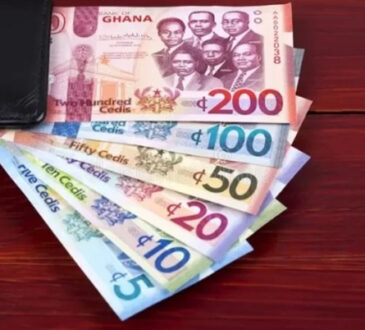China, Singapore to let each other’s tourists pay with digital yuan as Beijing seeks to globalise its e-CNY currency

Tourists from China and Singapore will be able to pay with the e-CNY when travelling to both countries as part of a new pilot programme, in a breakthrough for Beijing’s efforts to promote the cross-border use of the digital yuan.
The Monetary Authority of Singapore said in a statement that its project with the Digital Currency Institute of the People’s Bank of China (PBOC) would allow travellers from both countries to use the digital version of the Chinese currency in tourist spending.
Authorities in Singapore said the scheme was expected to “enhance convenience for travellers when making purchases during their overseas travel”, without disclosing further details.
Do you have questions about the biggest topics and trends from around the world? Get the answers with SCMP Knowledge, our new platform of curated content with explainers, FAQs, analyses and infographics brought to you by our award-winning team.
The pilot forms part of a series of initiatives announced by the two governments on Thursday at the annual Joint Council for Bilateral Cooperation in China’s northern coastal metropolis Tianjin.


Tourists visit the Merlion Statue in Singapore. Photo: AFP alt=Tourists visit the Merlion Statue in Singapore. Photo: AFP>
During the event, the two countries also agreed to introduce a mutual 30-day visa-free travel arrangement, one of 24 deals signed to boost bilateral ties.
The new digital-yuan collaboration represents a great opportunity for the cross-border retail use of e-CNY, according to Richard Turrin, independent financial technology consultant and author of Cashless: China’s Digital Currency Revolution.
The use of the digital yuan for small transactions could pave the way for its application in trade and other high-value scenarios, Turrin said.
China started testing its digital currency in 2019. While Beijing has yet to confirm a timetable for the official launch of e-CNY, adoption of the digital yuan has accelerated recently.
Total e-CNY transactions grew to 950 million yuan (US$133 million) in June, reaching a cumulative value of 1.8 trillion yuan compared to 100 billion yuan in August 2022, former PBOC governor Yi Gang said in July this year.
As of last year, 5.6 million merchants across 26 pilot cities had registered to use the digital yuan.
Beijing has also been experimenting with the use of e-CNY outside mainland China, as the internationalisation of yuan becomes more urgent amid rising geopolitical tensions.
China last year completed a multi-country trial named mBridge that used central bank digital currencies to settle trades with Hong Kong, Thailand and the United Arab Emirates.
Tests for the cross-border retail use of e-CNY have also been under way in Hong Kong, after Bank of China Hong Kong (BOCHK) in July launched a project allowing mainland customers to shop with the digital yuan in more than 200 retail outlets in the city.
Last year, BOCHK, one of three note-issuing banks in the city, also gave out digital red packets worth 100 e-CNY to customers who set up a digital-yuan wallet through the bank. The electronic money could be used to buy goods at 14 locations of a local supermarket chain.
This article originally appeared in the South China Morning Post (SCMP), the most authoritative voice reporting on China and Asia for more than a century. For more SCMP stories, please explore the SCMP app or visit the SCMP’s Facebook and Twitter pages. Copyright © 2023 South China Morning Post Publishers Ltd. All rights reserved.
Copyright (c) 2023. South China Morning Post Publishers Ltd. All rights reserved.




